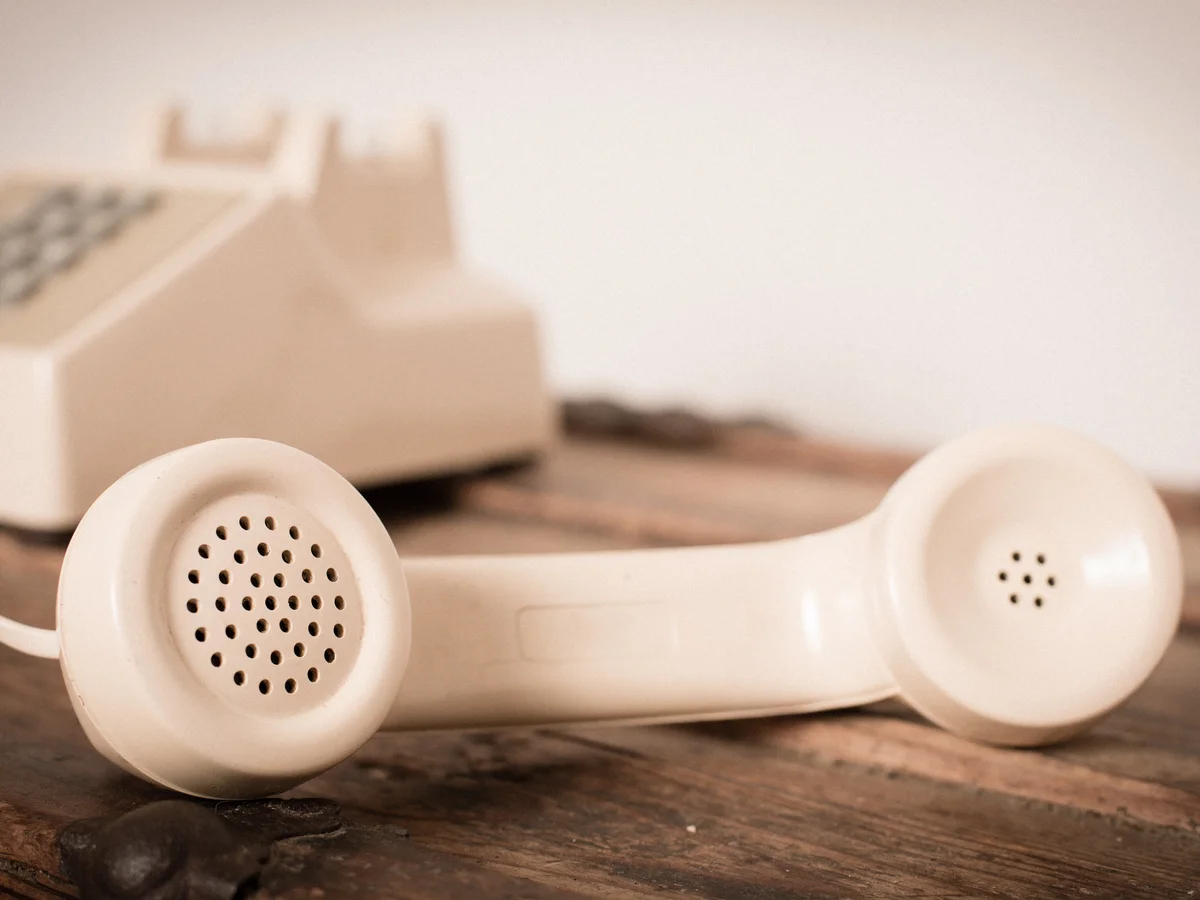The UK’s switch from traditional analogue landlines to digital landlines is well underway. By 2025, the old copper network will be turned off. But there’s a growing problem: the government can’t guarantee all elderly people will be switched safely to digital landlines—and the risks are real.
What’s Changing?
BT and other telecoms providers are moving all landline services to internet-based systems—often called VoIP (Voice over Internet Protocol). It’s part of the plan to modernise the country’s communication infrastructure. Analogue landlines are becoming obsolete, and digital landlines are the future.
But for millions of elderly people—especially those living alone, with health conditions, or without reliable broadband—this shift is more than just a technical upgrade. It could become a lifeline risk.
The Safety Concerns
One of the biggest issues? Digital landlines don’t work during power cuts. Unlike traditional lines, which could still function when the electricity was out, internet-based phones need power and a working router. That means if the power goes down, the phone line goes with it.
Many elderly people rely on landlines for emergency calls. Some have telecare devices—fall alarms, panic buttons, or medical alerts—that depend on a stable phone line. If their connection fails, they might not be able to call for help.
When asked about this risk, the communications minister admitted there’s no guarantee that all elderly people will be safely transitioned. That’s raising alarm bells for charities, carers, and families alike.
Are There Solutions?
Providers are offering battery backup units to households identified as vulnerable. But rollout has been patchy. Some people don’t know they’re eligible. Others haven’t been told the change is happening. And many simply don’t understand what digital landlines even are.
Experts say communication has been poor. Without better planning, more proactive outreach, and clearer safety nets, the transition to digital landlines could leave thousands at risk.
What Can You Do?
If you or someone you know relies on a landline, contact your provider and ask about the switch. Make sure you’re aware of what equipment is needed, and whether you qualify for a battery backup.
This transition isn’t optional—but it should be safe. Right now, that safety isn’t guaranteed.



